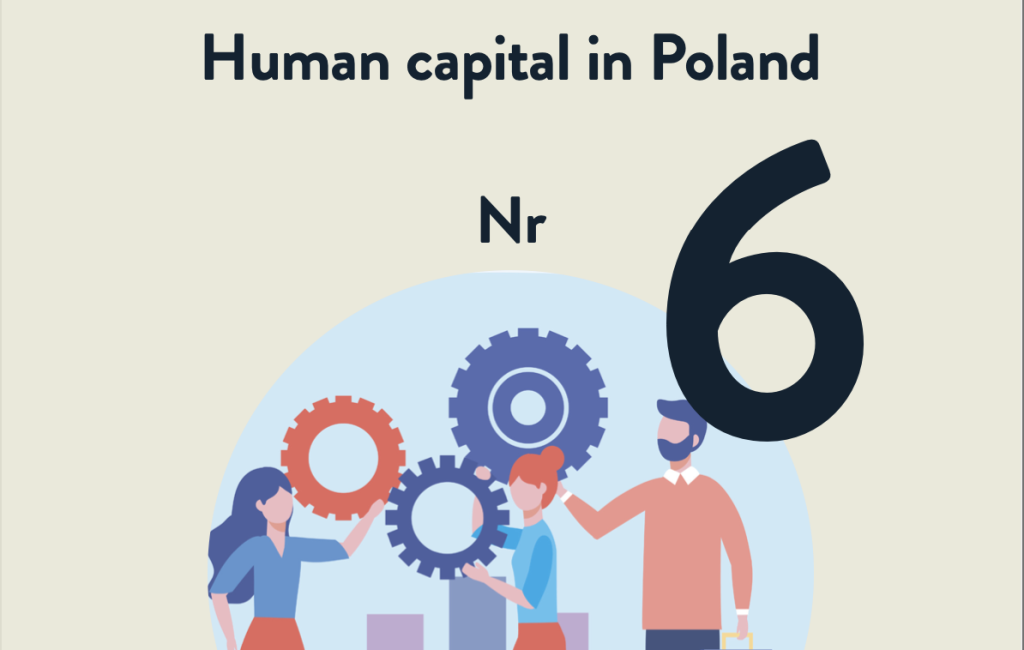

Adam Smith addressed the issue of skills and their impact on earnings in An Inquiry into the Nature and Causes of the Wealth of Nations, published in 1776. Smith also pointed out the difference between educated and uneducated workers – to be considered educated, an individual must undergo a process of training. According to Smith, simple tasks that can be performed by anyone will pay relatively less.
At the same time, Smith pointed to the relationship between economic growth and human capital. Subsequent analysis has confirmed these links. Economic analyses and studies have shown that the education of a society, as well as its stock of knowledge, skills and health, affect the quality of life, the rate of economic development and the effective functioning of democracy.
According to Lukas, an important factor in economic growth is the accumulation of capital, and differences in human capital lead to differences in living standards between nations1. For the economy, human capital is of fundamental importance for several reasons:
1. Productivity: Appropriate skills and knowledge can result in increased work productivity, enabling the economy to utilize resources more efficiently and generate larger profits.
2. Innovation and Development: Human capital is crucial for fostering innovation.
3. Economic Competitiveness: Human capital possessing a wide range of skills is more competitive on the international stage.
4. Improved Living Conditions: Education and the development of human capital lead to better employment opportunities, higher wages, and improved living conditions for individuals, thereby influencing the overall development of society.
Both theoretical and empirical research, which began in the 1990s with the popularisation of the endogenous theory of economic growth, shows that human capital is one of the most important factors in the economic growth of modern countries. Theoretical studies show that human capital, through its effect on the rate of technological progress, is a major determinant of economic growth in the long run. Numerous empirical studies confirm the impact of qualifications and skills on the rate of economic growth2.
1 Lucas, R.E. (1988). On the mechanics of economic development. Journal of Monetary Economics, 22, 3-42.
2 Ł. Jabłoński, Kapitał ludzki a tempo wzrostu polskiej gospodarki, „Nierówności Społeczne a Wzrost Gospodarczy” 2005, nr 6, s. 242.
Pełna treść raportu dostępna pod linkiem: RAPORT nr 6 – HUMAN CAPITAL